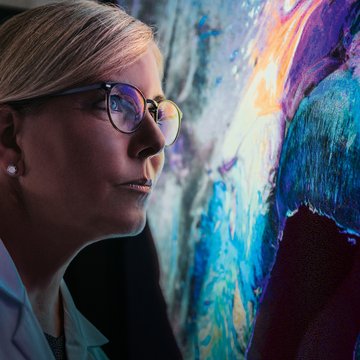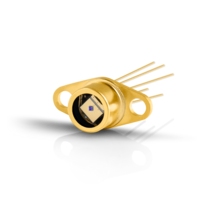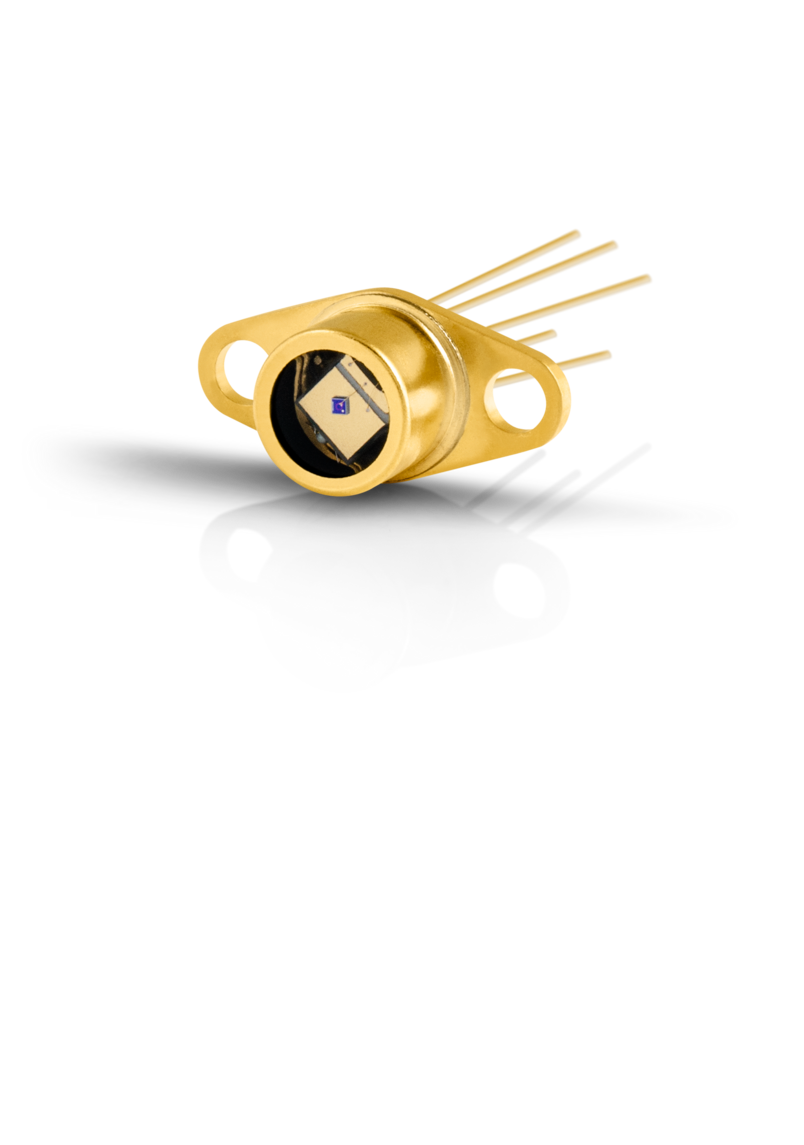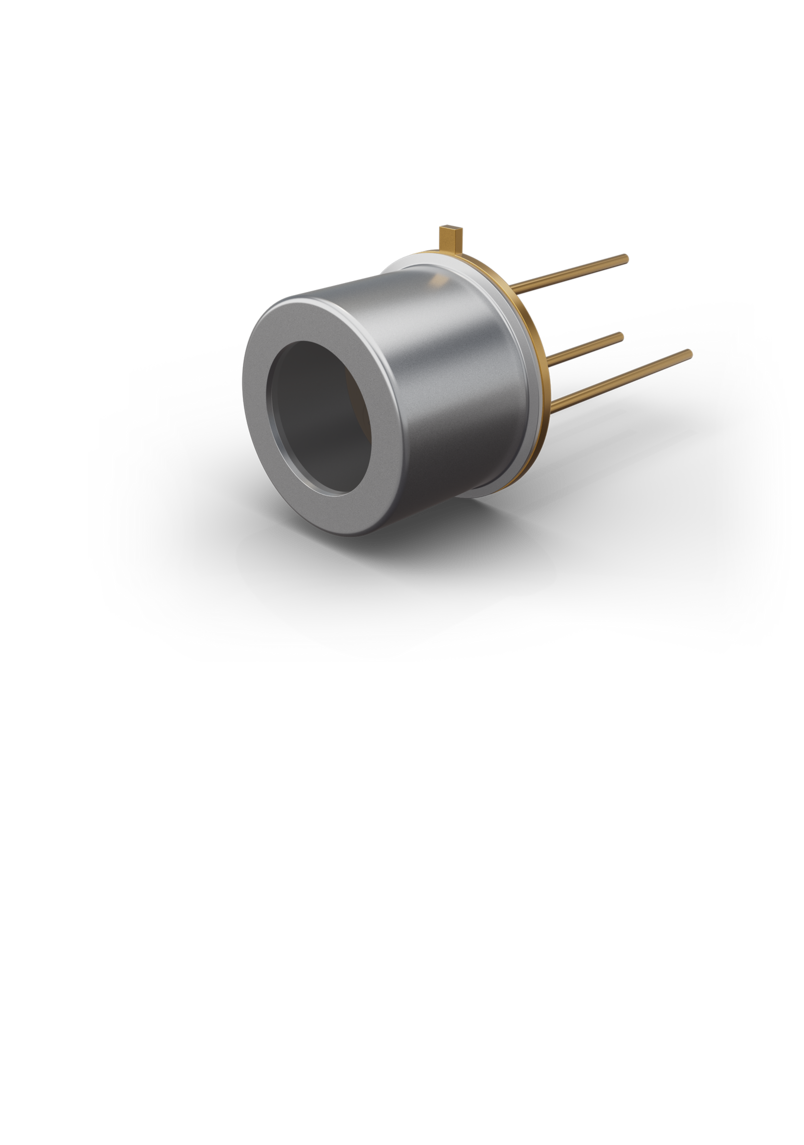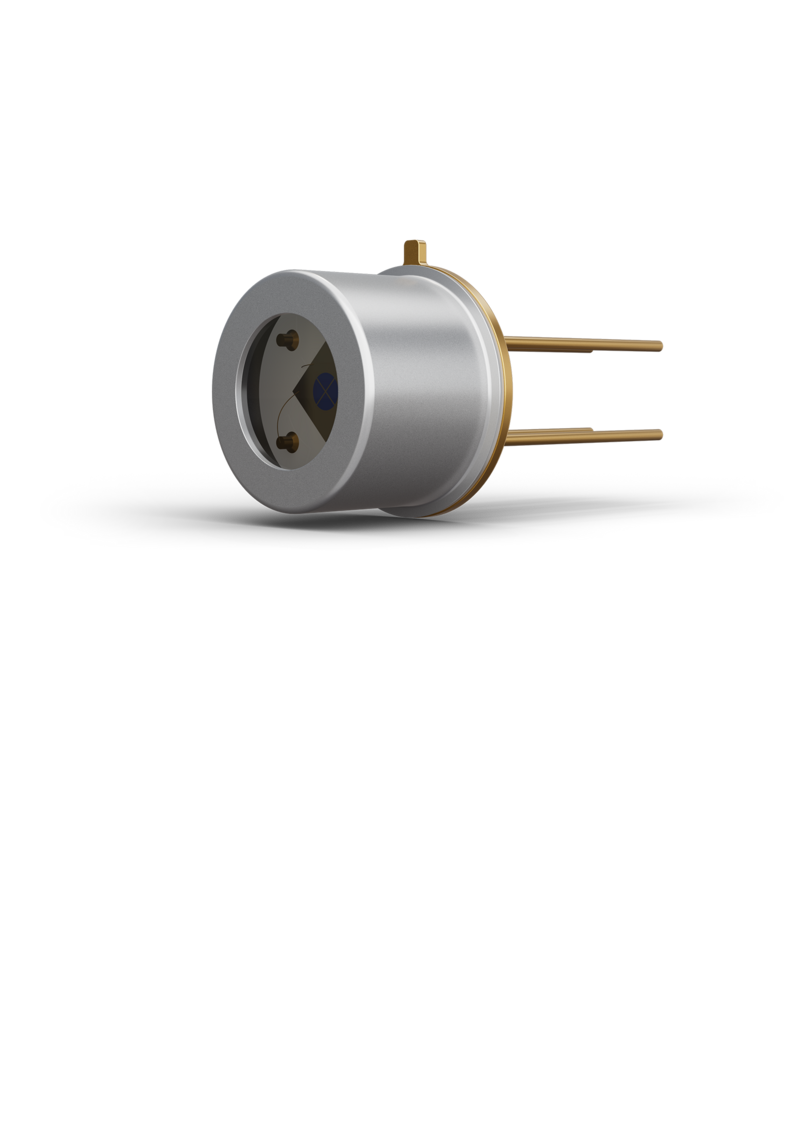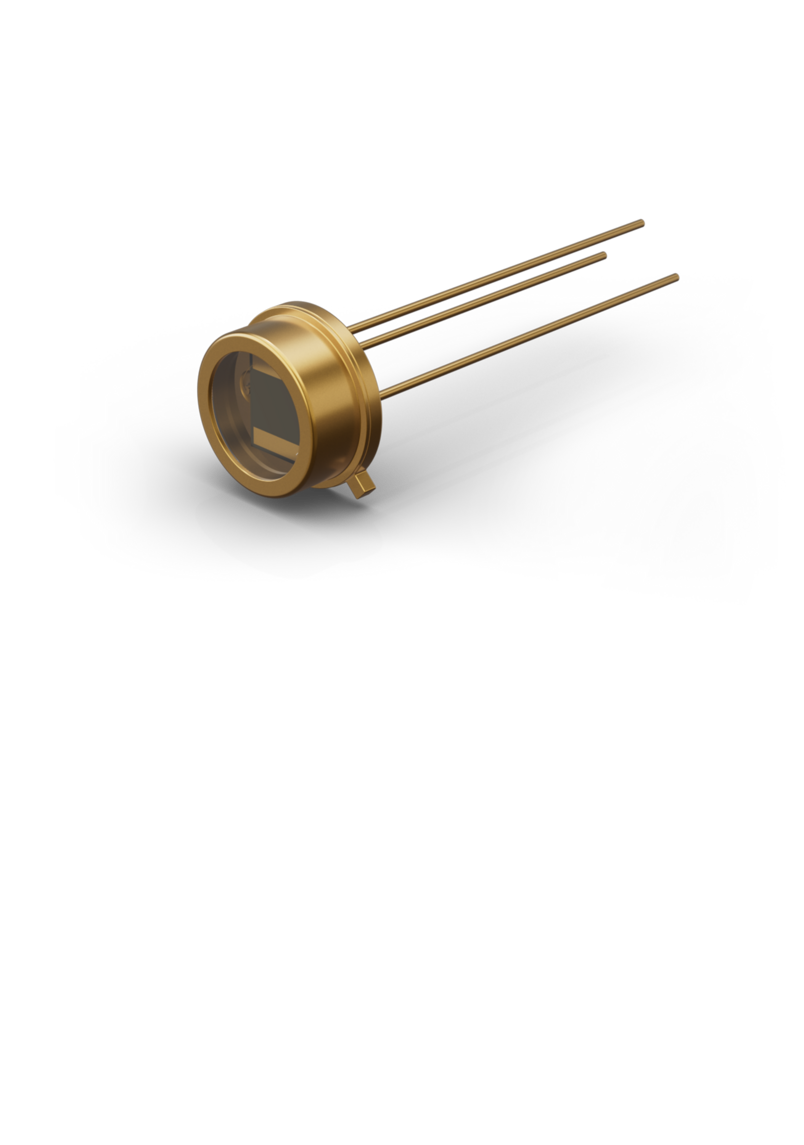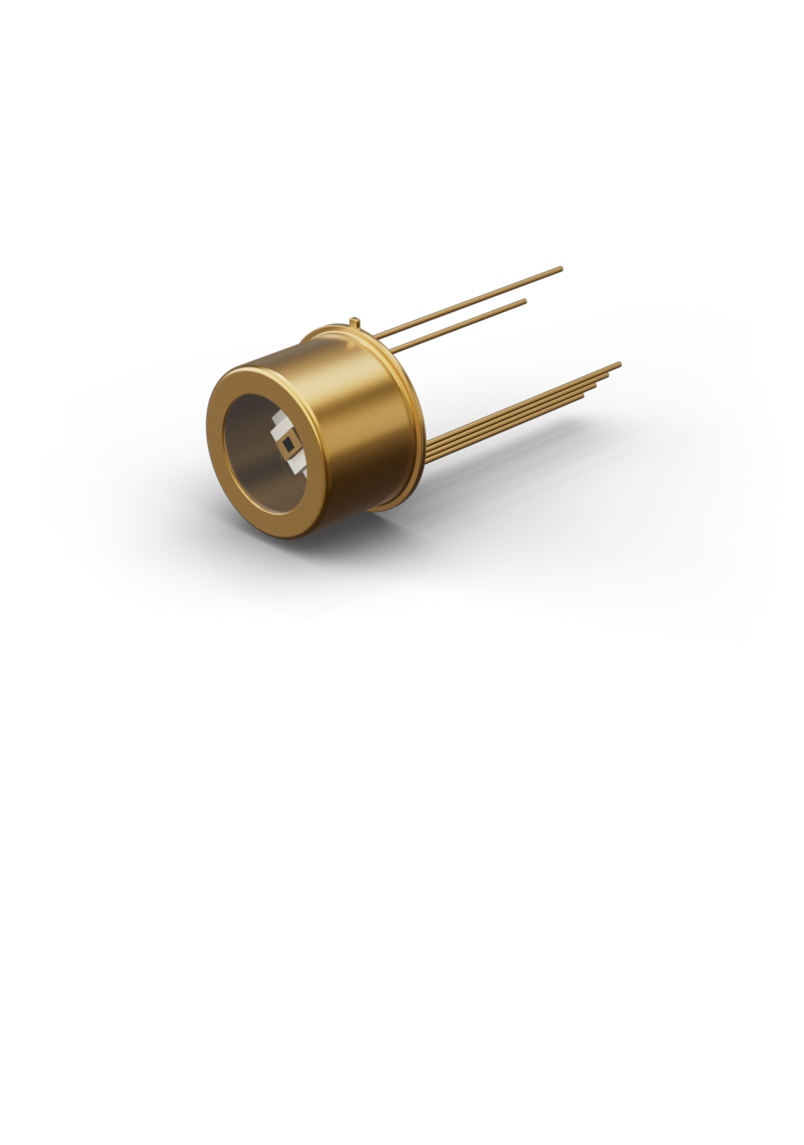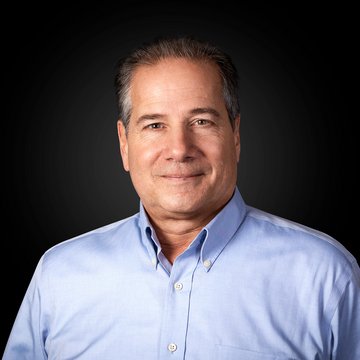Material Analysis / Infrared Spectroscopy
WHAT IS SPECTROSCOPY?
As a powerful tool, spectroscopy has allowed for a finer understanding of the world. Spectrometers allow light to be broken down into its individual wavelengths and used for precise measurement. As a specific wavelength range passes through a sample, electromagnetic radiation is then absorbed or emitted by the target. Based on the spectral response, these measurements can help identify the exact molecular composition.
Spectrophotometry
a single measurement - a lot of information
Spectrophotometry is a powerful method used for analyzing a sample for the presence of many unknown constituents in a single measurement. Choosing the right detectors is crucial, as accurate measurements are only possible provided that the desired absorption features are in the wavelength range of the detector.
Spectrometers can be built with many different methods using arrays, single point detectors, monochromators, prisms, gratings, and other configurations.
FTIR
Speed up the Detection with Fourier-Transform Infrared Spectroscopy

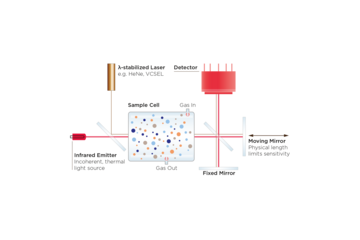
Fourier Transform Infrared (FTIR) spectroscopy is the method for collecting spectral data over a wide range with a high spectral resolution.
Unlike traditional spectroscopy techniques using prisms, gratings, and monochromatic sources, FTIR uses a broadband IR source in combination with a Michelson interferometer to speed up the scan process. To identify the material of the sample, the frequency spectrum must be analyzed. With the help of the mathematical Fourier transformation technique, it is possible to get the specific frequencies of interest from the measured interferogram.
The precision of these scans is highly dependent on an accurate frequency reference, often provided by a known laser source. Photoconductive and pyroelectric detectors are used for the near and longer wave infrared respectively.
Areas of Use
What can be measured?
To identify the various substances that might be inspected through spectroscopy, it is critical to match the right components. LASER COMPONENTS offers a wide range of IR detectors with various materials that include PbS, PbSe, InGaAs and InAs for photodetectors, while DLaTGS and LiTaO3, are available for pyroelectric detectors. Each option opens a window into possible applications with each detector type having its own response range and sensitivity.
Some of the popular areas of use for spectrometers include:
- Environmental Analysis
- Biomedical Diagnostics
- Astronomy
- Chemical Analysis
- Gas Monitoring
- Security
- Forensics
- Food Inspection
- Material Inspection


SPectroscopy in Food Safety Applications
Glycol in wine, motor oil in olive oil, horse meat in lasagne – food scandals cause outrage among the population with uncanny regularity; however, these major scandals are only the tip of the iceberg. At the top of the counterfeiters’ popularity list is olive oil.
The Maxfry company, which is located in Hagen, Germany, has developed a process that detects manipulated olive oils with a probability of over 95% – and in a very short time. The basis for this information is provided by data collected with a Fourier transform NIR spectrometer from the Bruker company.
InGaAs photodiodes are particularly well suited for use in FT-NIR spectroscopy. With a spectral response from 850 nm to 2.6 µm, the photodiodes of the IG26 series cover almost the entire wavelength range of the near infrared. LASER COMPONENTS manfactures InGaAs PIN photoidodes in Arizona, USA.
Beneficial Information
the IR World

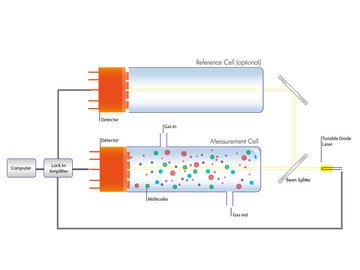

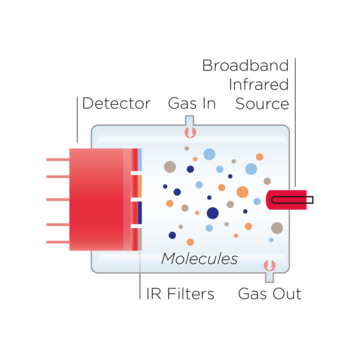
Product Selection
Beyond Borders
Download
LASER COMPONENTS USA - Your competent partner for optical and optoelectronic components in the United States.
Welcome to LASER COMPONENTS USA, Inc., your expert for photonics components. Each product in our wide range of detectors, laser diodes, laser modules, optics, and more is worth every Dollar ($/USD). Our customized solutions cover all conceivable areas of application: from sensor technology to medical technology. You can reach us here:
116 South River Road
Building C
Bedford, NH 03110
USA
Phone: +1 603 821 7040
Email: info(at)

